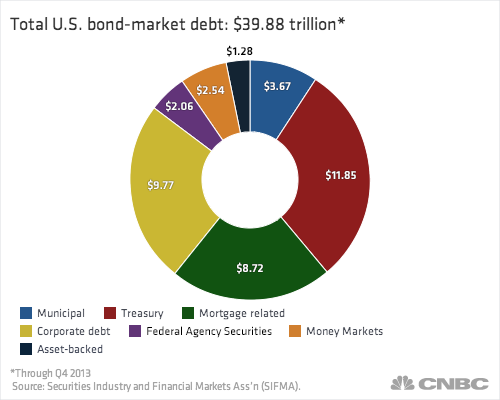Commentary Is Your MutualFund Broker Ripping You Off
Post on: 16 Март, 2015 No Comment

June 08, 2003
Are banks and brokerage firms stealing from their mutual-fund investors? That’s what the Securities & Exchange Commission is asking, and with good reason. Wall Street firms and banks have adopted aggressive sales practices that boost margins but may harm investors by creating perverse incentives to sell customers funds they don’t need.
The solution, however, needn’t be a costly new set of rules. Instead, SEC Chairman William H. Donaldson should simply require financial advisers — at banks, insurers, or brokerage firms — to disclose to investors how they and their firm will be paid when they sell a mutual fund. According to the Investment Company Institute, the mutual-fund trade group, fund companies now use third parties to sell some 85% of their funds. To access a sales network, fund families grease the channel with all kinds of inducements. In a May 22 House Financial Services subcommittee hearing, Donaldson hit the nail on the head when asked what investors know about these incentives. Not enough, he snapped.
The practice drawing the most attention is revenue-sharing. Brokerage firms charge fund companies quarterly fees to get their funds on a preferred list, which is then circulated to brokers. It’s like a food manufacturer paying a grocery chain to stock its cookies at eye level to drum up more sales. Funds must disclose such arrangements in a prospectus, but not how much they pay, or to whom. Nor do brokers have to explain the fees to customers, who shell out for them.
By some estimates, brokerages and banks now rake in $1.5 billion a year in revenue-sharing. And lately, firms have been demanding — and getting — higher payments. Says T. Neil Bathon, president of fund consultants Financial Research Corp. Distributors now control who wins and loses in the money-management business.
Wall Street firms and banks defend the payments. With some 600 companies knocking on their doors, sales staff could hardly become familiar with every fund, so why not pick the best? And with an average of 10 fund families on most brokerage-firm lists, investors still have hundreds of funds to choose from. Good points, but what’s the harm in disclosing the payments? After all, brokers charge commissions of up to 5.25% for finding the best fund for an investor. Brokers should be ready to explain that they really earned that commission and didn’t just pick from a list.

Other practices are just as opaque. Take broker compensation. Under National Association of Securities Dealers’ rules, firms can’t spur the sales force with contests — a trip to Hawaii for the broker who first sells $1 million worth of Putnam funds, say. Firms are discouraged from paying brokers more for selling in-house funds, which are more profitable than outside funds but may not be suitable for every customer. Some firms, however, have figured out how to game the system.
Morgan Stanley may have the most aggressive strategy. It lets brokers sell funds not on its preferred list of some 850 funds — but pays them 10% less commission. Likewise, it rewards brokers with items such as golf balls worth up to $100 for selling in-house funds. An illegal inducement? Morgan Stanley doesn’t think so, because the items reimburse brokers for out-of-pocket expenses, such as the cost of providing coffee at an investment seminar. Many fund companies offer similar giveaways. And some firms skirt the rules by paying more to branch managers — who help set brokers’ pay — if his or her team meets a sales quota of in-house funds. Sales rules don’t apply to branch managers’ pay.
Disclosing how brokers and branch managers are paid would help investors understand whether they’re being sold a fund for their benefit — or that of their brokers and their firms. Funds and third-party distributors have learned to maintain profitability through mutually beneficial marketing pacts. They need to make another pact to help their customers be smarter investors. By Paula Dwyer and Amy Borrus














